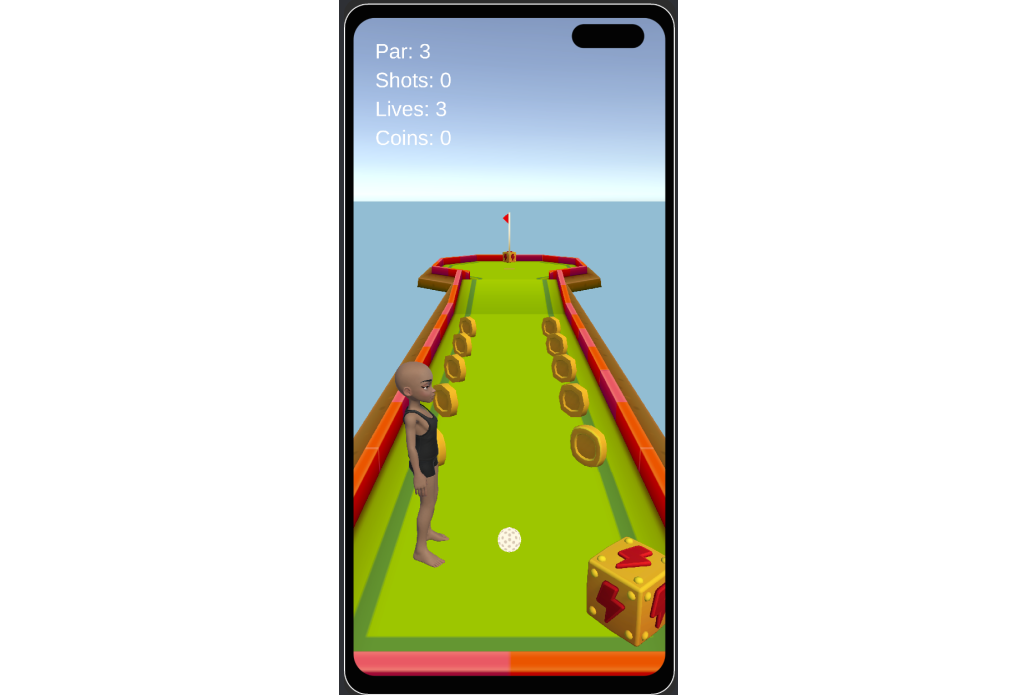Design your Experience
Creating an Experience for the Genies ecosystem is exciting and full of potential due to our amazing frameworks. Keep in mind that you are building worlds and environments for the next generation. This page will help you when starting the design process for your Genies Experience.

General Guidelines
Here are some general guidelines to follow when thinking about ideas:
- Rule #1 is it’s gotta be fun.
- Tap into an audience that are more casual gamers.
- Aesthetics are just as important as the gameplay.
What is Fun?
Fun is the goal for all game designers but can be hard to achieve because it is so subjective. A game is usually fun if it is engaging, polished, and rewards the player. It can be simple but make sure it still has enough complexity to allow for Avatars in vertical gameplay.
Casual Gamers
It is very important to take our target audience into account when designing your Genies Experience. Casual gamers are looking for games that can be played fast and easy when they have moment in their day. As a general rule of thumb, create a game that could be played while waiting in line at a bank.
That means your game should be:
- Portrait-mode
- Playable with just one hand
- Lasts 1-10 minutes
Aesthetics
The look and feel of your game can be as crazy or simple as you envision. Imagine your Genies Avatar went through a portal and landed in a unique universe. The important thing is that your aesthetic is consistent and engaging.
Experience Categories
Below are several game categories that might help guide how you approach developing your Genies Experience.
These does not cover all mobile games categories and games can have influences from multiple categories.
Action Games
Action games are a type of video game that emphasizes fast gameplay and intense combat. It usually involves a player-controlled character engaging in various battles, challenges, or missions.
Example
Paper Chase is an action game where the Avatar needs to fight origami enemies with paper planes. They can choose to be faster or stronger at the start of the battle.
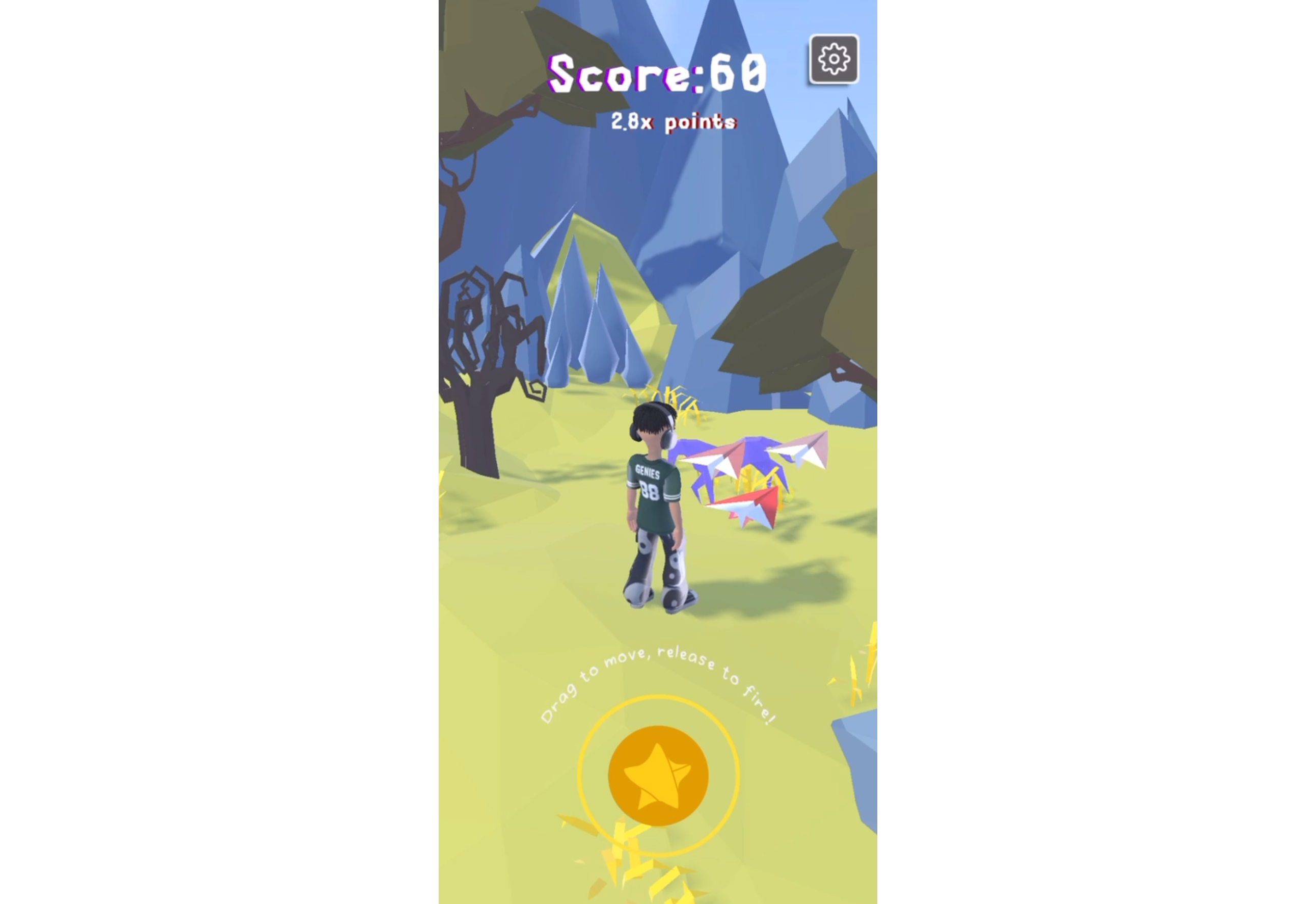
Adventure Games
Adventure games generally feature exploration and narrative driven gameplay. Typically involve a player controlled character who goes on a journey, explores diverse environments, interact with characters, and unravel a storyline through their decisions and actions.
Example
Dragon Sanctuary is an adventure game where the player wanders the world looking for dragon eggs to hatch new pets. They can also talk to NPCs to purchase upgrades.
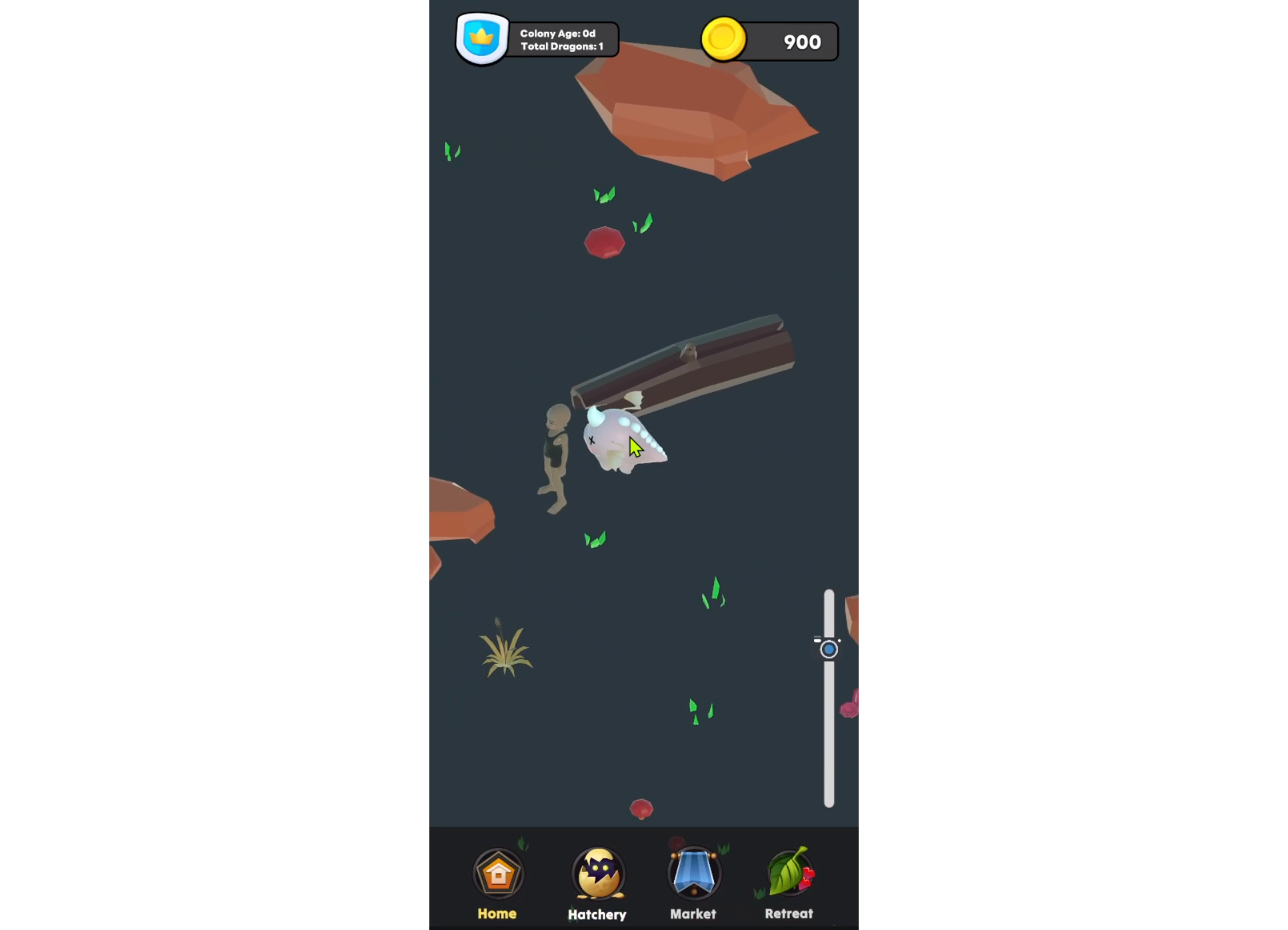
Arcade Games
Arcade games emphasize simple gameplay mechanics, quick reflexes, and high scores. These games typically offer fast-paced and easy-to-learn gameplay experiences, making them ideal for short gaming sessions and casual players.
Example
Dont Look is an infinite runner game where the floor tiles start falling around the player if they do not hurry up. The goal is to reach the farthest point possible and grab collectibles.
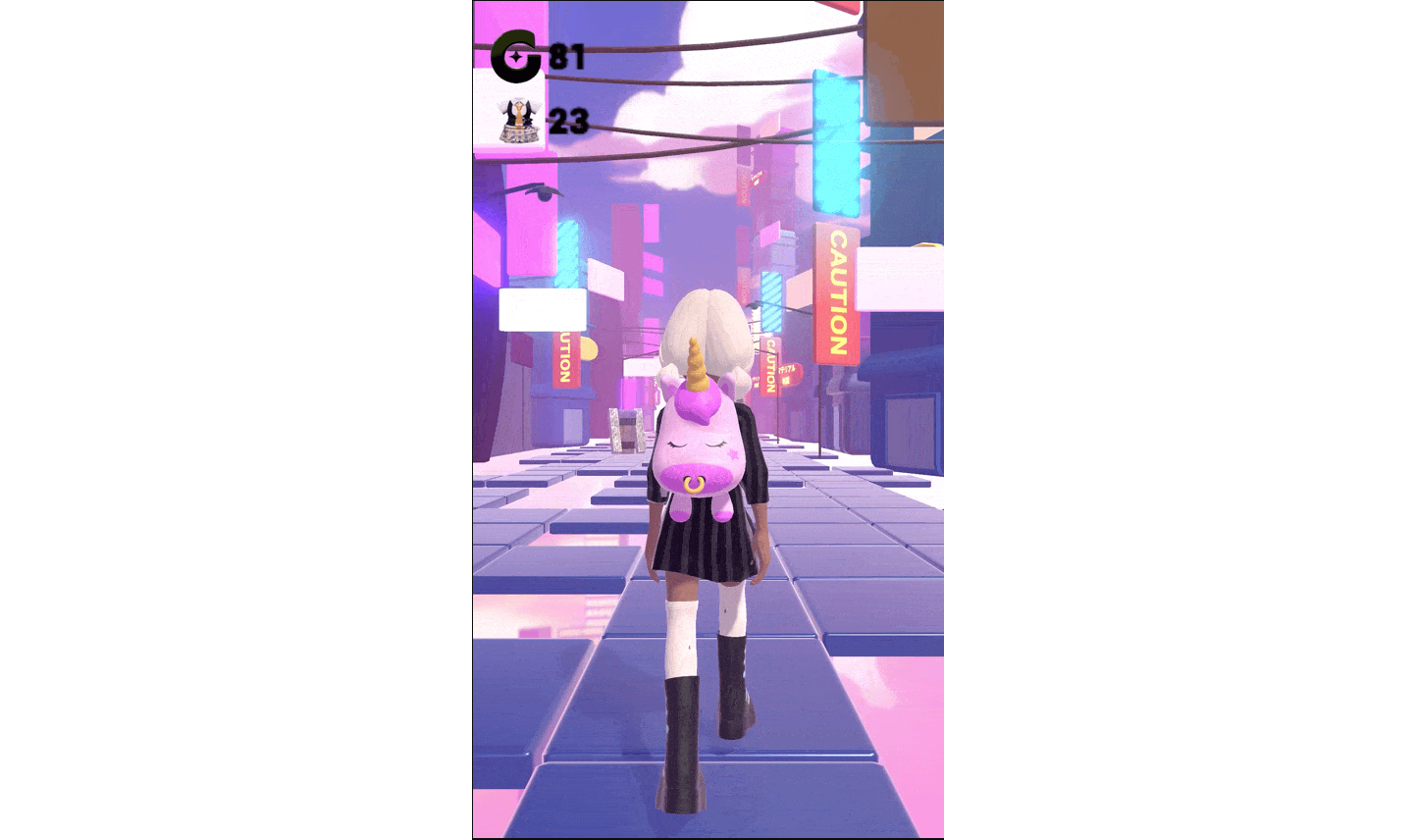
Rhythm Games
The rhythm game genre focuses on music and timing. These games often involve tapping, swiping, or holding on-screen prompts to the music. They challenge a players' timing and reflexes.
Example
Dance Night is a rhythm game where the player needs to time their taps on the screen according to the music. The Avatar will also keep dance as long as the player is continuing to tap on time.
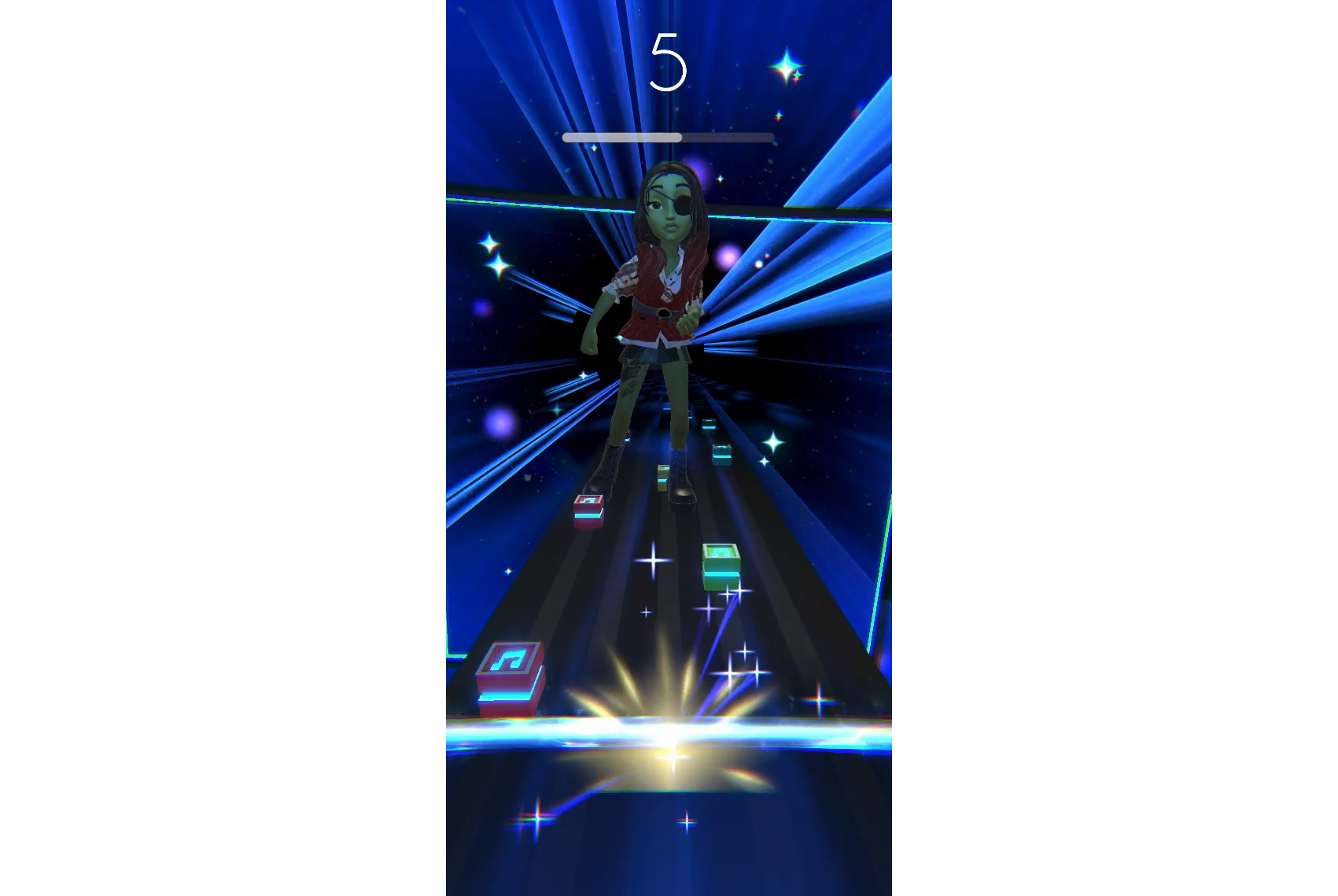
Puzzle Games
Puzzle games primarily challenge problem-solving, logic, and spatial awareness skills. These games can have a wide range of difficulty, ranging from simple brainteasers to more complex challenges.
Example
Runic Signature is a puzzle game where the player is fighting monster by copying patterns. The game is mainly a 2D puzzle interface but displays a 3D battle based on results.
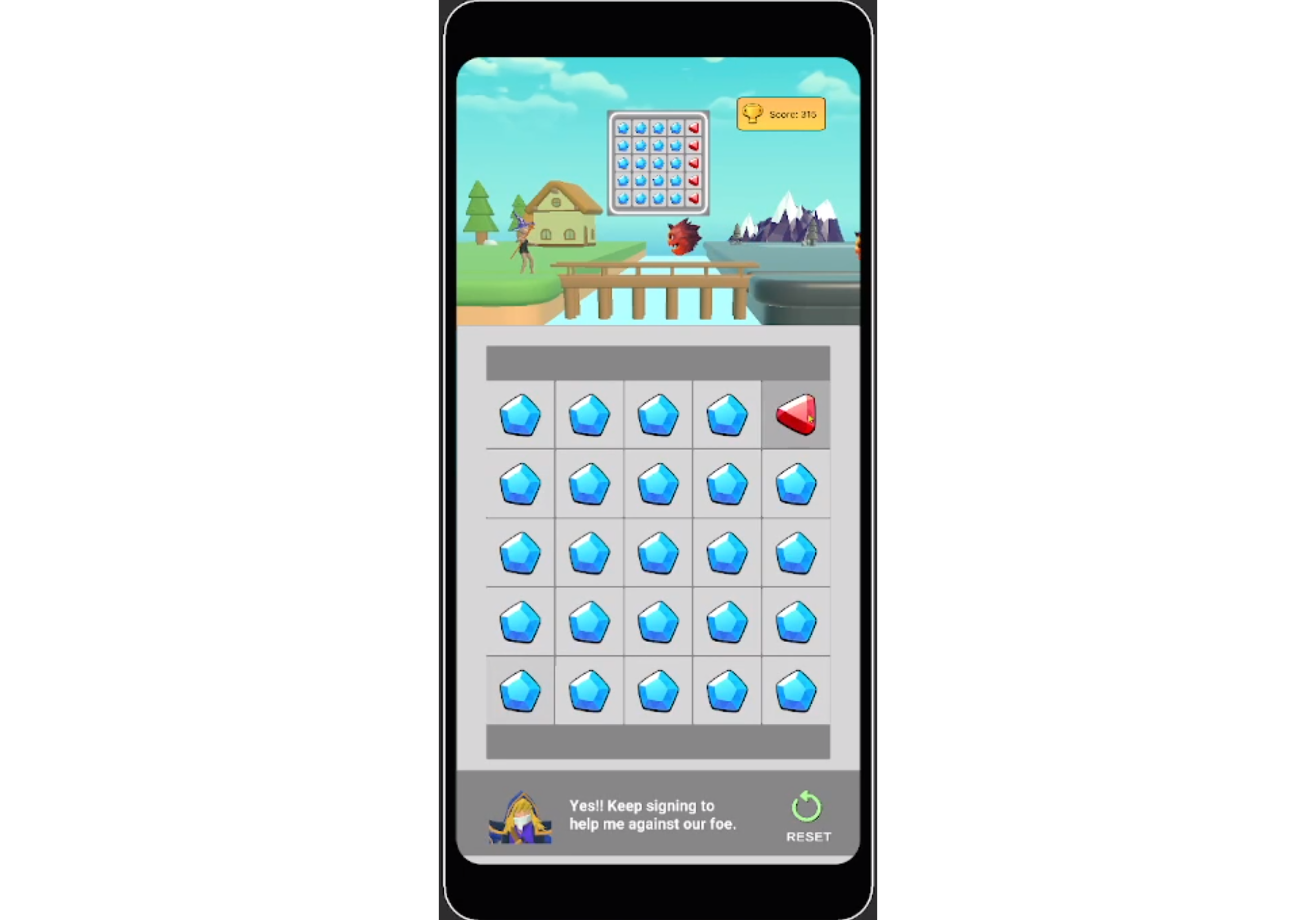
Simulation Games
Simulation games aim to replicate some aspect of reality to allow players to experiment, strategize, and work towards specific goals. These sorts of games typically give players the opportunity to manage and control some aspect of the in-game environment, like resources, businesses, or cities.
Example
Fantasy Shopkeeper is a game where the player roleplays as a vendor and haggles over prices. The game simulates being a business owner.
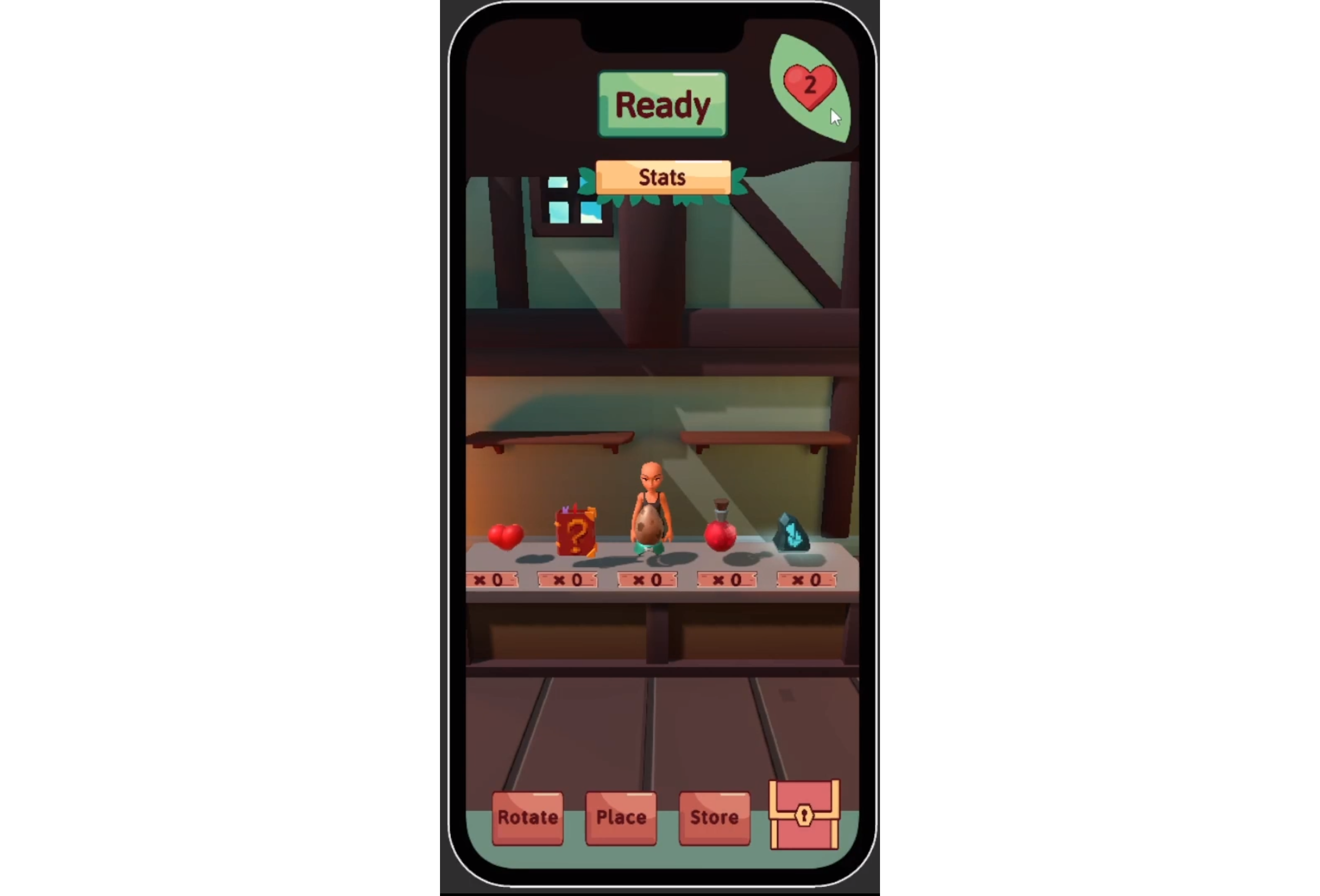
Strategy Games
Strategy games involve strategic planning, decision-making and resource management to achieve specific objectives. In contrast to puzzle games, strategy games have players use critical thinking and planning for a greater goal.
Examples
Blocky Golf is a mini-golf game where the player needs to swing the ball to the hole. The strategy is that some levels will have alternate routes so the player needs to decide if the risk is greater than the reward.
